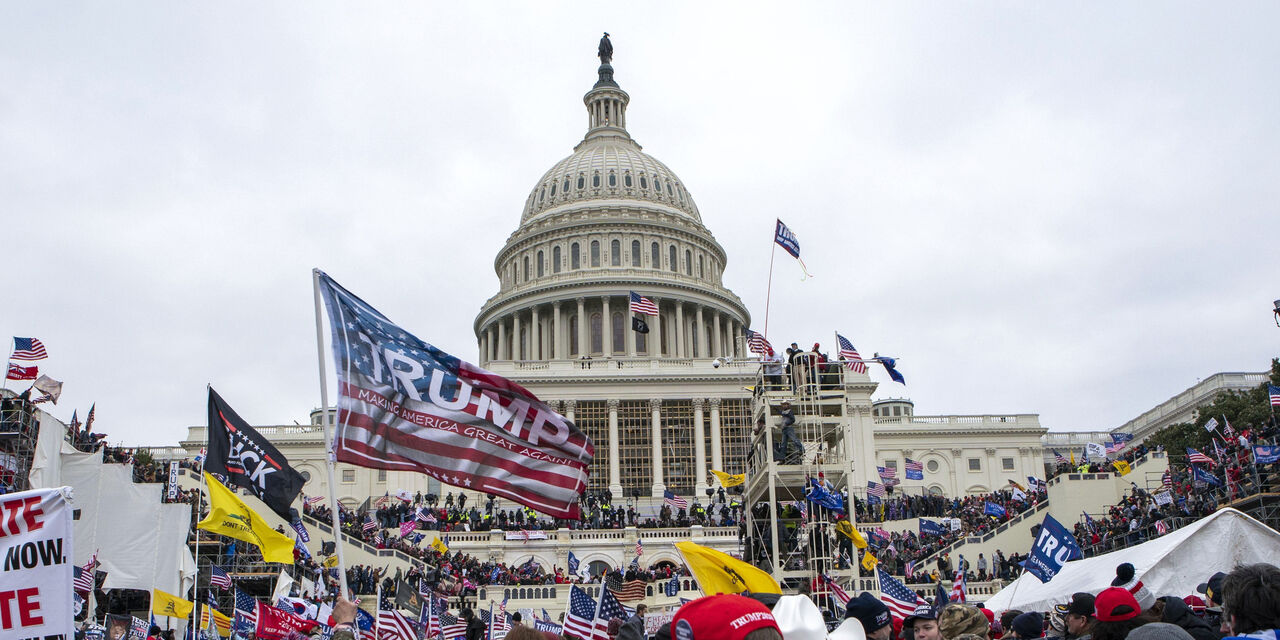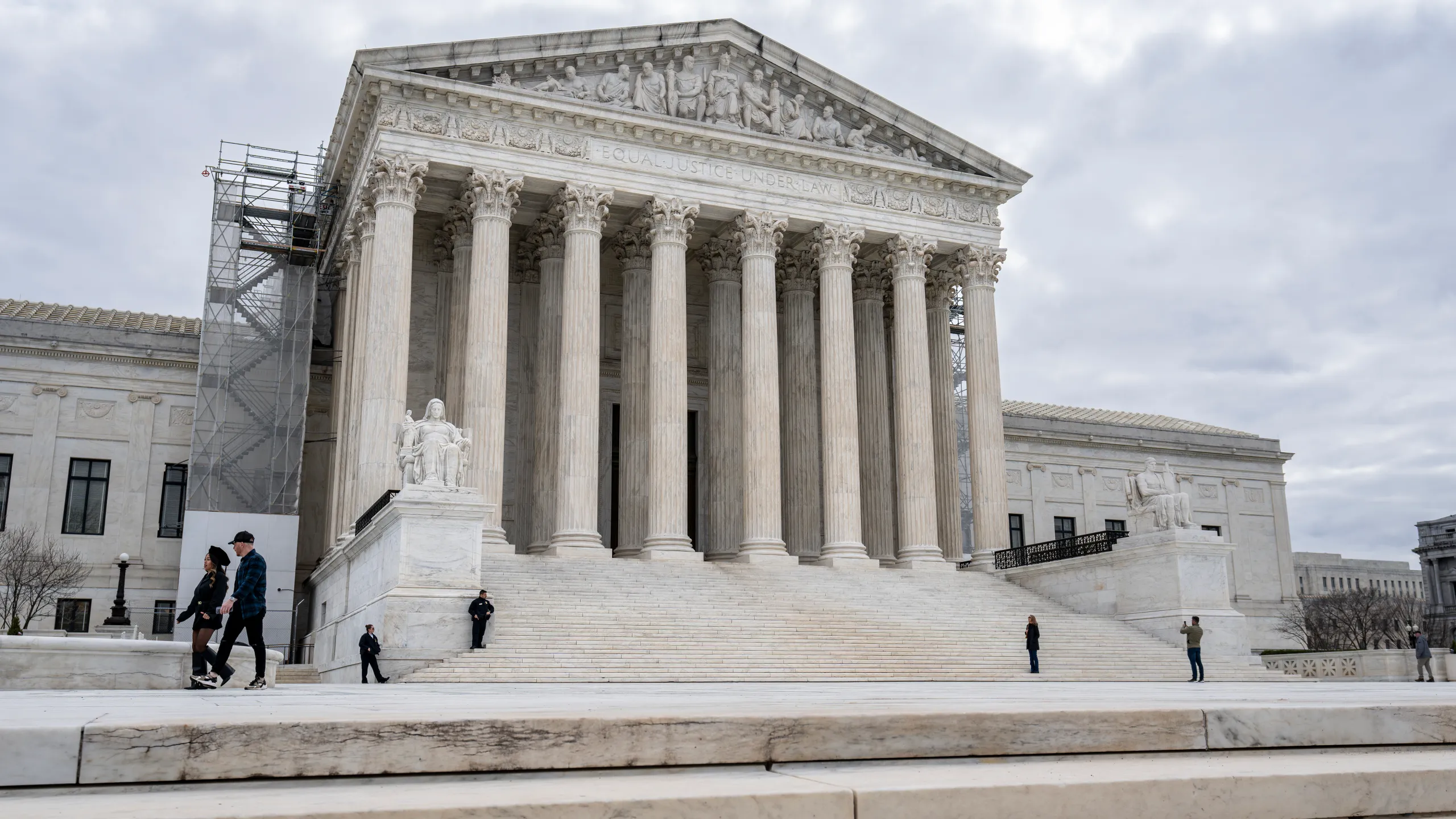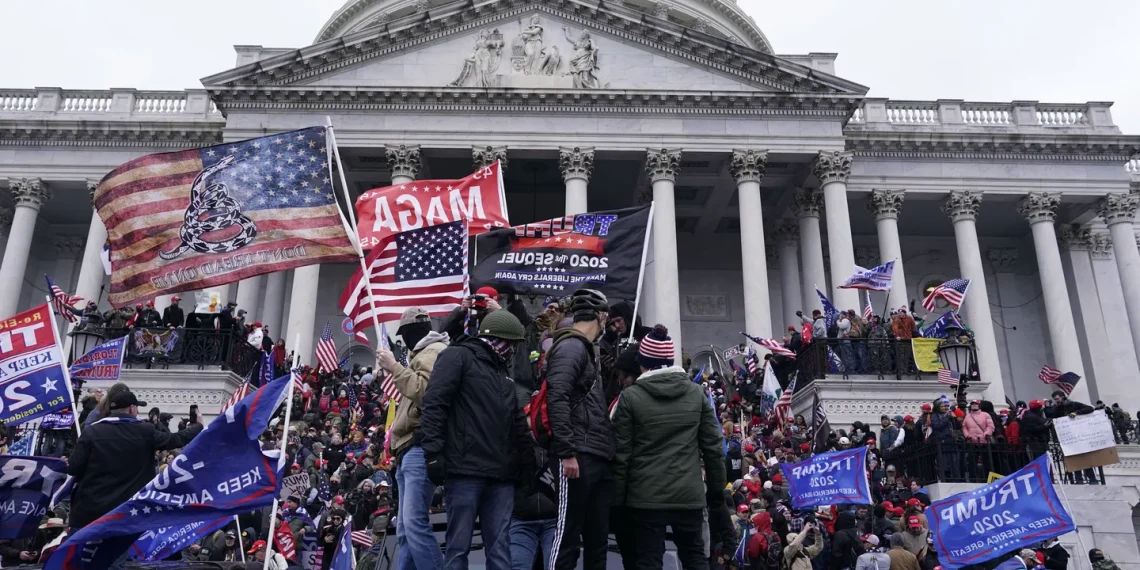The U.S. Supreme Court declined to review the case of former Otero County Commissioner Couy Griffin, who sought to challenge his disqualification from office under the 14th Amendment due to his involvement in the January 6, 2021, Capitol attack.
Griffin, a Republican, appealed a ruling by New Mexico’s highest court upholding his removal from public office after being found to have participated in an insurrection. The 14th Amendment’s Section 3 disqualifies any state executive or judicial officer who engaged in insurrection after taking an oath to support the Constitution.

This decision follows a recent Supreme Court ruling involving former President Donald Trump, where the court overturned a Colorado Supreme Court decision to exclude Trump from the state’s ballot under the same provision.
The court ruled that states lack the authority to disqualify federal office candidates under Section 3, despite the Colorado court’s finding that Trump’s actions regarding the Capitol attack constituted insurrection.
Griffin, known for founding “Cowboys for Trump,” was convicted in 2022 of unlawfully entering restricted grounds during the Capitol breach and sentenced to jail time. While acquitted of disorderly conduct, his participation in the events of January 6 led to calls for his removal from office.

Three New Mexico residents, supported by the watchdog group Citizens for Responsibility and Ethics in Washington (CREW), initiated proceedings seeking Griffin’s removal under the 14th Amendment.
The New Mexico Supreme Court dismissed Griffin’s appeal on procedural grounds, prompting his appeal to the U.S. Supreme Court. Griffin’s legal team argued that the state rulings infringed upon his First Amendment rights and that enforcement of Section 3 requires congressional authorization.
The Supreme Court’s decision not to hear Griffin’s case underscores the ongoing legal ramifications of the Capitol attack and the interpretation of constitutional provisions regarding insurrection and public office eligibility.




